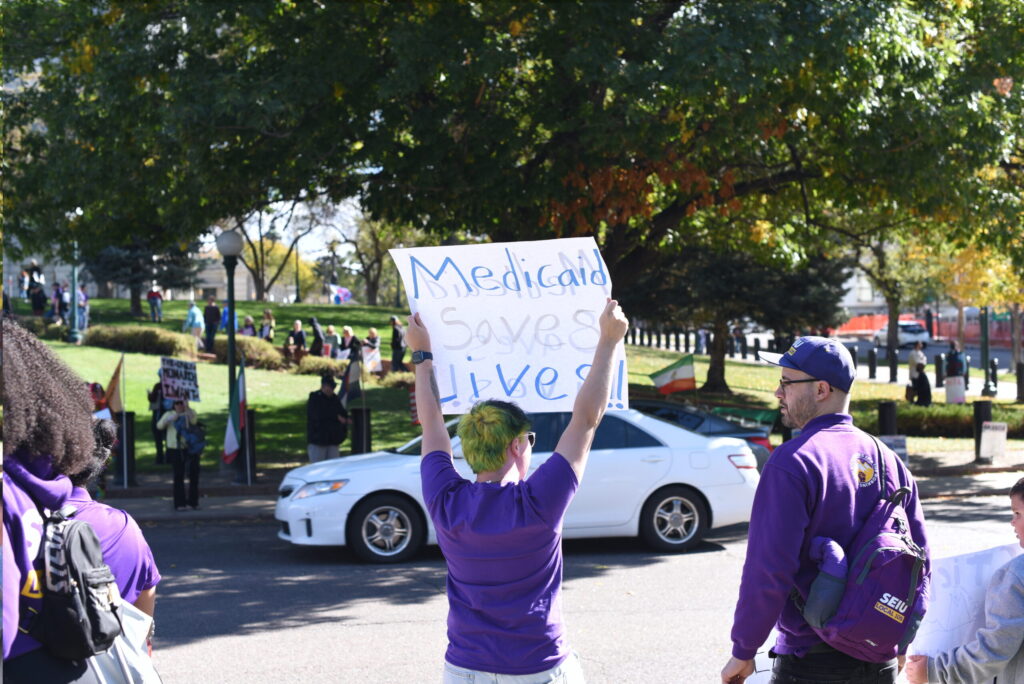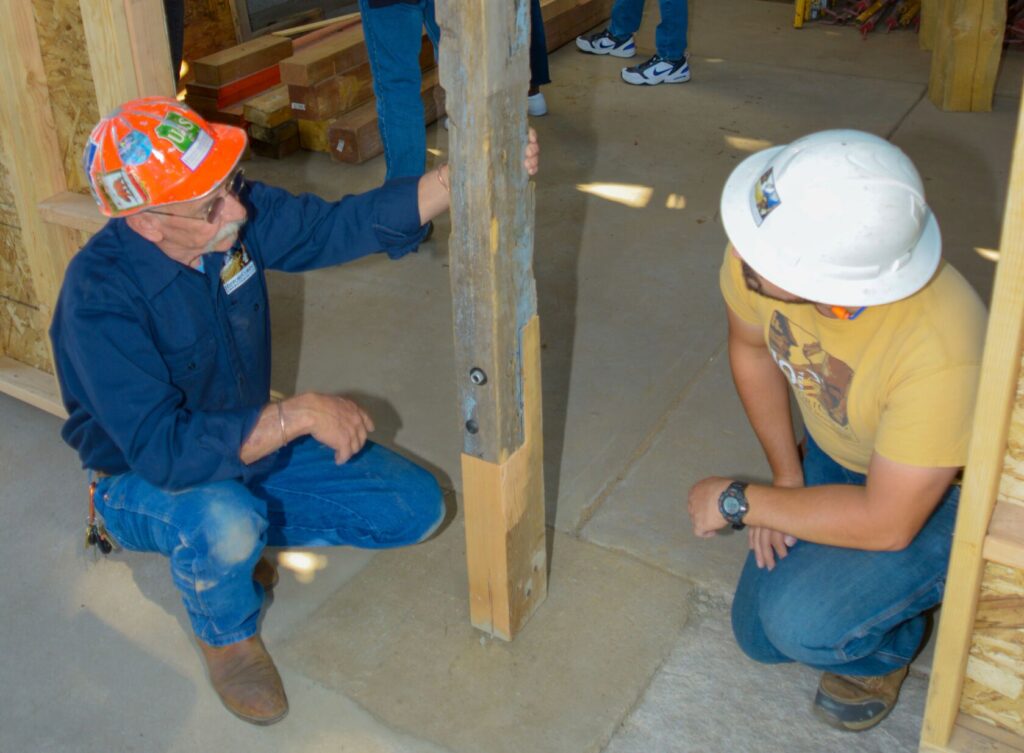With mental health needs in crisis, will a new state agency help?

Mental health services, far outstripped by the need for both youth and adults, are the focus of a new state agency being created within the Colorado Department of Human Services (CDHS).
The new agency, which will be known as the Behavioral Health Administration (BHA), is to be housed, until at least 2024, within CDHS. The BHA was created through legislation in the 2021 session.
But will a new state division help address the gap in services?
Color at least one lawmaker and a staff member on the Joint Budget Committee (JBC) skeptical.
The JBC received a staff budget briefing Wednesday on the CDHS Office of Behavioral Health and related budget items, including a review of the new Behavioral Health Administration.
JBC analyst Craig Harper told the JBC that critics believe the BHA will become just another level of bureaucracy. He also noted that creating a new standalone department would not be allowed under the state Constitution, given that the Constitution limits to 20 the number of principal departments.
The 20th department – the Department of Early Childhood – was enacted through legislation during the 2021 session.
But it isn’t just whether it should be a standalone agency housed with Human Services. Harper’s analysis raised questions about whether creating a new state division would actually improve mental health services. Harper said a Nov. 1 plan submitted by Human Services doesn’t actually touch on that issue.
“There’s real risk” that this will become a layer of bureaucracy but without any real effect on behavioral health, Harper warned.
Sen. Bob Rankin, R-Carbondale, the JBC’s senior member, also expressed skepticism about the creation of the BHA, calling it “bureaucratic entropy.” He likened it to rearranging the deck chairs on the Titanic.
“We should always start with the people and what they need” and from the bottom up, Rankin said.
The new behavioral health entity is the work of several state agencies, with Human Services taking the lead. In addition, the BHA would coordinate with the Colorado Department of Public Health and Environment, the Division of Insurance at the Department of Regulatory Agencies and the Department of Health Care Policy and Financing (which includes Medicaid).
“All State agencies with behavioral health programs will be central partners to the BHA and will have specific roles and responsibilities, such as data sharing, solution generation, and shared accountability,” the plan’s executive summary states.
Harper’s analysis said “the plan for the BHA does not involve large scale movements of programs between agencies. Instead, the plan focuses on placing responsibility for leadership and coordination with the BHA but leaving nearly all of the existing programs in place in their current departments, at least for the time being.”
The BHA would provide leadership, coordination and standardization across the existing programs, Harper’s analysis said. That would include:
- Improving data collection and analysis to identify gaps in services and improve services and outcomes
- Developing standards for quality of behavioral healthcare, including clinical quality, data sharing and reporting of outcome measures
- Improving and simplifying access to care for consumers and administration and payment for providers, including the development of a single payment system for all services that use public funding and the use of a “master contract” that would apply to all state agencies paying for behavioral health services
- Working to expand and diversify the behavioral health workforce, particularly in light of current shortages both in Colorado and nationally
- Working with county and local governments on planning and shared funding efforts to meet regional and community needs, with a particular focus on the needs of rural areas of the state
- Supporting all consumers with complaints through a grievance and appeals process
Harper’s analysis said the plan calls for the buildout of the BHA’s infrastructure in the current fiscal year, including a national search for the commissioner, as well as support staff to ensure that core functions, such as human resources and financial systems, are in place before July 1, 2022, when the BHA is slated to go live.
The BHA is a unique model, both within Colorado and likely nationally, the analysis said.
“Staff understand the positives to leaving most of the programs in place in their current agencies, but questioned whether the BHA would be able to direct services and behavior in other agencies or departments,” the analysis said, adding such a model will require a universal ‘buy-in,’ as well as access to data and reporting that could show gaps and problems in the services administered both by the BHA and from other partners.
Without that strong buy-in, the analysis said, “staff is skeptical of the BHA’s ability to influence behavior in other state agencies.”
Finally, the analysis said, “staff is aware of concerns from stakeholders that the proposed model will simply add another layer of bureaucracy without driving the level of change and transparency that the General Assembly and other stakeholders desire from the BHA, including ensuring that services are available for the most vulnerable consumers.”
The governor’s budget proposal asks for 164 full-time equivalent (FTE) employees and $14.4 million for the BHA through its three phases, from the current fiscal year through full implementation in 2024, Harper told the JBC on Dec. 8, adding, “The scale of the problem you’re trying to address warrants that investment.”
But he suggested putting parameters around that spending so that in two years, the exact same problems he identified in his analysis won’t surface again.
Funding for the BHA wasn’t included in the 2021 legislation, so lawmakers will likely have to come up with either a supplemental appropriation or other legislation to cover the anticipate need in the current fiscal year of $1.2 million and 13 FTE, Harper said.
JBC Chair Rep. Julie McCluskie, D-Dillon, took a more positive view of the BHA.
Well-intentioned experts are figuring out the path forward for the agency and how to address the failures in the system, she said. But McCluskie added that she’s concerned about the conversations in the public (and in the media) about those failures, adding she wants to give the department the opportunity to address those concerns.
Those questions will drive conversations between the JBC and Human Services officials when the formal budget hearing for the department takes place on Dec. 17 as scheduled.
The state plan for creating the Behavioral Health Administration.













